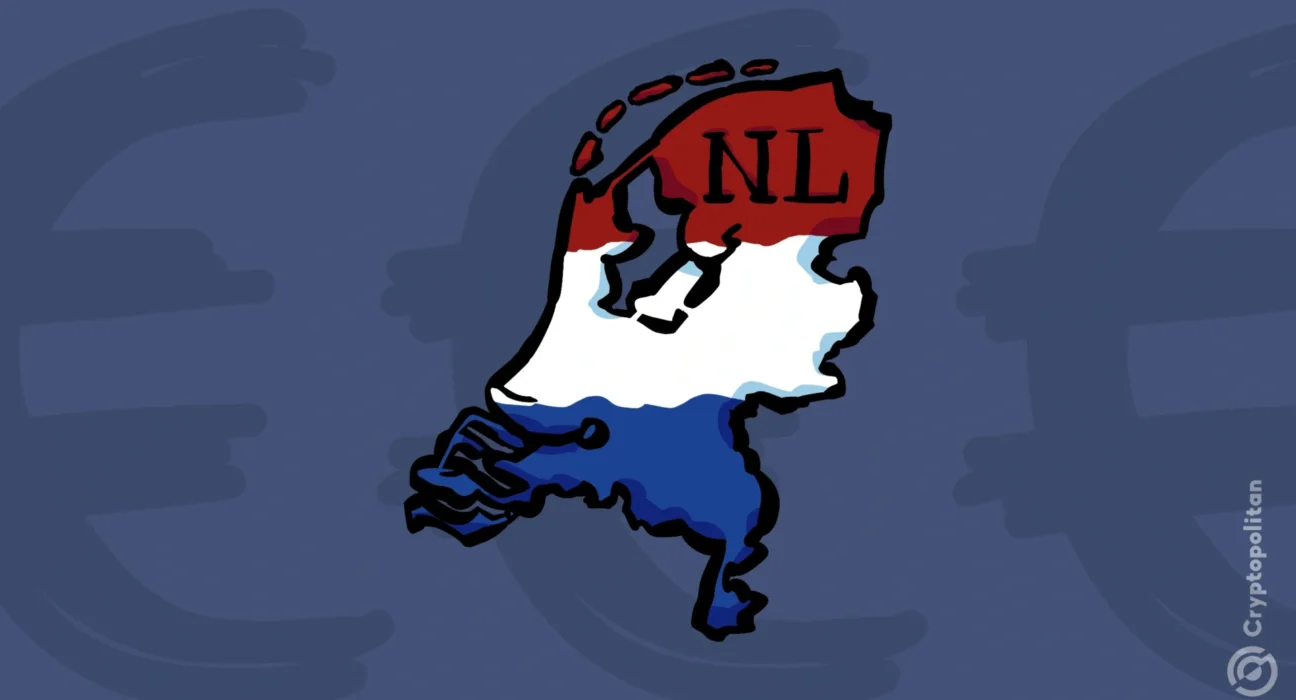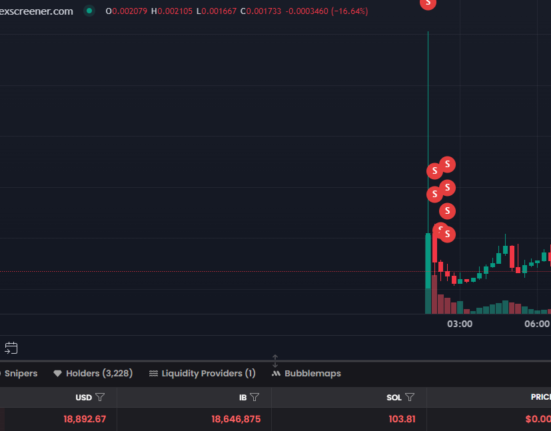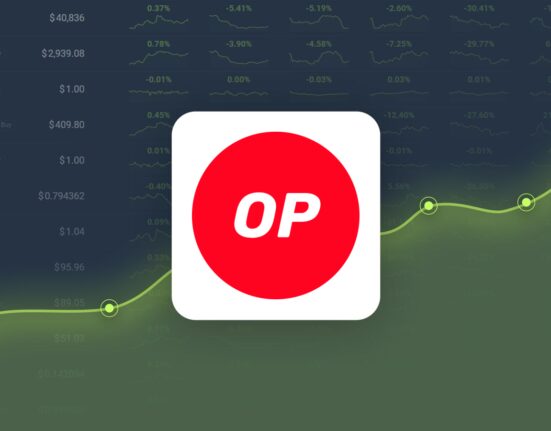[ad_1]


Crypto service providers, like exchanges, could soon be required to collect and share user data with the Netherlands tax authority under crypto tax monitoring laws proposed by the Dutch Government, aligning with rules adopted by the European Union last year.
In an Oct. 24 press release, the Netherlands Ministry of Finance said the bill would create better “transparency about crypto ownership, which can prevent tax avoidance and evasion.”
According to the Ministry of Finance, “nothing will change as a result of the measures in this bill” for individuals because crypto owners are already required to file a tax return declaring their crypto balance with the nation’s tax authority, the Belastingdienst.
“Financial markets have been in constant flux in recent years. In addition to traditional financial institutions, such as banks and investment funds, a new trade has emerged with the crypto market,” the ministry said.
“Cryptos are – just like bank deposits and other investments – a form of capital on which tax must be paid. However, tax authorities in the European Union (EU) do not yet have sufficient insight into this. As a result, there is currently no level playing field in the financial sector.”
Crypto tax monitoring laws will align Netherlands with EU
Folkert Idsinga, Netherlands state secretary for taxation and tax authorities, said the primary aim of the new law is for the Netherlands to align with EU rules mandated last year.
The Council of the European Union formally adopted a cryptocurrency tax reporting directive (DAC8) on Oct. 17 2023.
Under the legislation, the Belastingdienst would share the collected data about residents of other EU countries with the tax authorities of those nations.
“With this bill, we are taking an important step in the taxation of cryptos. In the future, EU member states will be able to cooperate better thanks to the exchange of data and transactions with cryptos will become transparent to tax authorities,” Idsinga said.
“This will combat tax avoidance and evasion and European governments will no longer miss out on tax revenues.”
The Netherlands Ministry of Finance said the exchange of data would limit the administrative burden for crypto providers, who will only have to report in the EU member state where they are registered.
An internet consultation has been scheduled to run until Nov. 21. After a period of public opinion, advice, and comments, the government will submit the bill to the country’s House of Representatives in the second quarter of 2025.
Netherlands’s Ministry of Finance has flagged 2026 as a possible date to implement the tax monitoring laws.
[ad_2]
Source link








